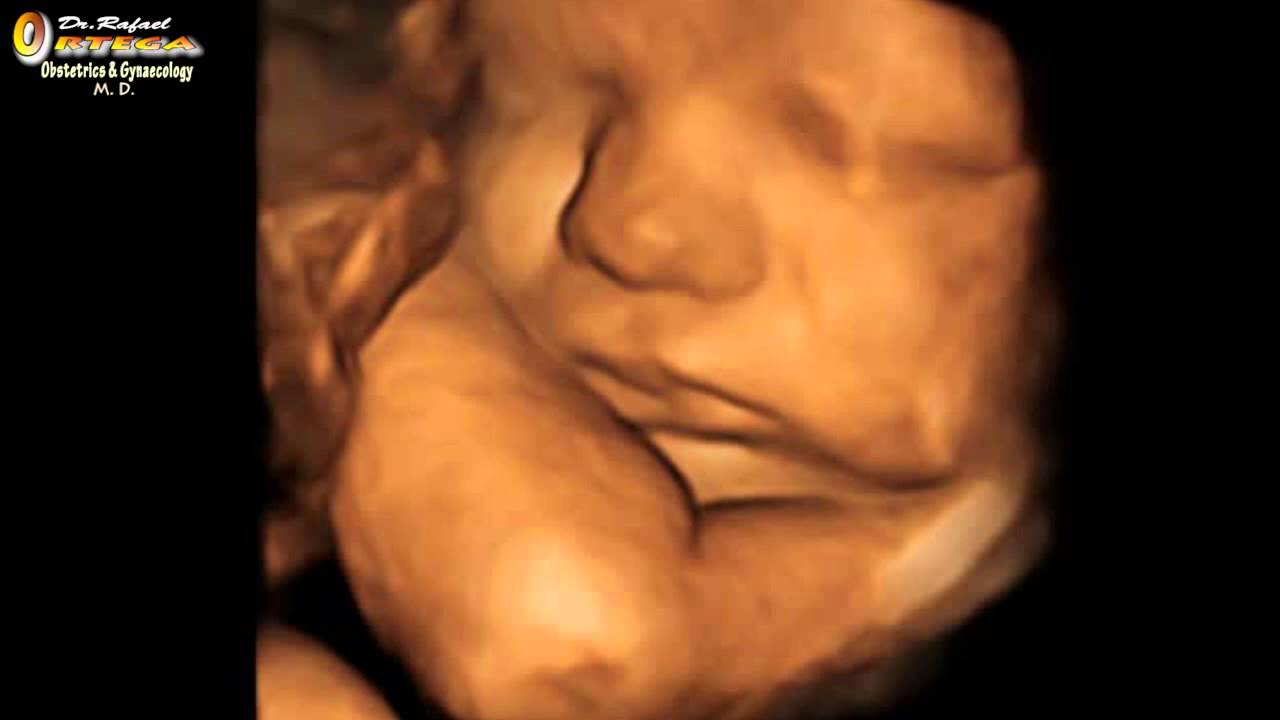
A Virginia judge dehumanized human embryos in a recent opinion when he quoted a 19th century law about owning slaves to argue that humans at their earliest stage of life can be considered property.
The Associated Press reports Fairfax County Circuit Court Judge Richard Gardiner published the preliminary opinion in February in response to a divorced couple who are fighting about the fate of their two frozen embryos.
The mother, Honeyhline Heidemann, wants to implant the embryos and give them a chance at life, but the father and ex-husband, Jason Heidemann, does not, according to the Daily Wire. He argued that doing so would “force” him “to procreate against his wishes and therefore violate his constitutional right to procreational autonomy.”
The judge has not made a final decision about their case yet, but, in his preliminary opinion in February, Gardiner argued that the embryos should be considered property, not children. In part, he based his decision on a Virginia law from the 1800s that treated human slaves as “goods and chattel,” according to the report.
“Upon independent research, this court was unable to find any Virginia law prohibiting the purchase or sale of human embryo, nor has either party cited a federal law prohibiting the activity,” Gardiner wrote. “As there is no prohibition on the sale of human embryos, they may [be] valued and sold, and thus may be considered ‘goods or chattels’ within the meaning of Code § 8.01-93.”
Gardiner’s opinion has attracted widespread publicity and criticism for treating human embryos as property, much like African Americans were treated as property during the time of slavery.
The case also is one of many ethical dilemmas that courts are facing involving the rights of parents and of human embryos created through in vitro fertilization (IVF). The embryos are unique human beings in their earliest form, and they already have their own specific DNA.
In 2014, an Illinois judge decided to award a mother her three frozen embryos, though her ex-boyfriend wanted them destroyed. Another high-profile court battle took place between actress Sofia Vergara and her ex-fiance.
Currently, a Texas mother is fighting for custody of three frozen embryos whom she and her ex-husband created through IVF, saying they should be treated as children now that state law bans abortions and recognizes the value of babies in the womb.
Every year, about 2.5 million embryos are created through in vitro fertilization across the world, and about 500,000 babies are born as a result, according to research published in Reproductive Biomedicine Online. Many die in miscarriages, which are common in both natural and IVF pregnancies, but others are destroyed or frozen indefinitely – creating practical and ethical concerns.
In the United States, the Centers for Disease Control reported 330,773 IVF procedures in 2019, with 83,946 babies being born alive. CDC data indicates about 120,000 eggs and embryos were frozen in 2019 for possible future use.
In 2011, a study in the journal of the American Society for Reproductive Medicine revealed that 19 percent of unused embryos are discarded and 3 percent are donated for scientific research.
Fortunately, some couples are choosing a life-affirming option called embryo adoption, or snowflake adoption, which allows people to adopt their embryos and give them a chance at life.

Original Article: https://www.lifenews.com/2023/03/14/judge-uses-slavery-law-to-rule-unborn-babies-are-property/




